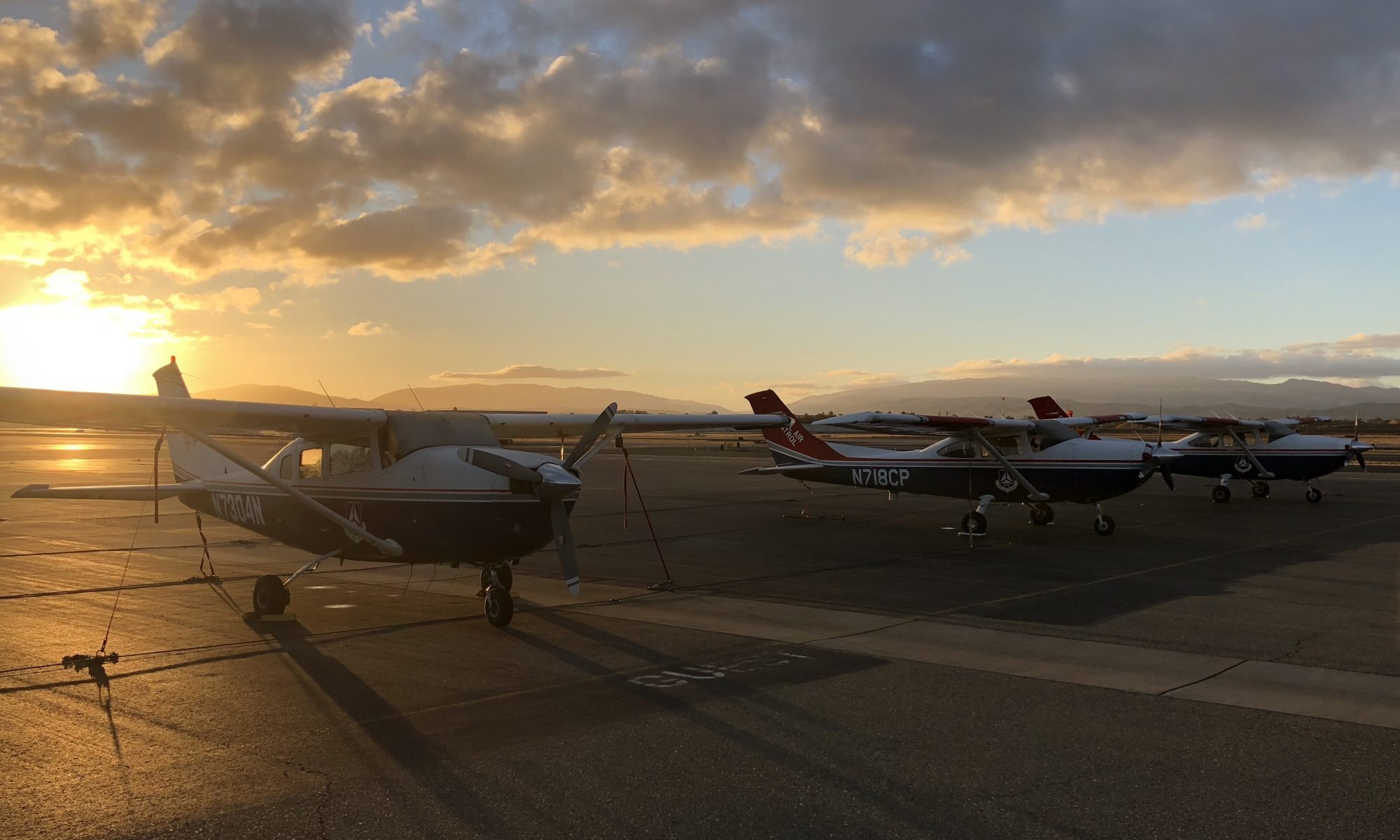Have you ever wondered why airplane seats all face forward like an auditorium? Well, there is no particular reason for that. In fact, some researchers say that rear-facing seats could be actually safer.
Similar situation is with rear-facing car seat. According to the studies of several universities, during an emergency landing, a backwards – facing seat provides more support for the head, neck and back.
However, it is very unlikely that seating in commercial planes will ever change. First of all, passengers are conditioned to consider forward-facing seats the norm and standards are difficult to change. There are psychological standards and it is really hard to change them because it has been that way since the start of commercial aviation.
Furthermore, most of the airlines won’t consider the backward – seating because of the huge costs. “During an impact, the passenger’s centre of gravity would be higher and the seat would be taking more of the strain – therefore the seat itself, the fittings and the floor of the aircraft would need to be strengthened,” David Learmount, operations and safety editor at FlightGlobal.com told to the Telegraph. “That would increase the weight of the aircraft, which would increase fuel consumption.”
Although, backwards-facing seating do exist in certain aircraft but you will have to pay huge amount of money to book one. According to a source, Premium cabins on British Airways, American Airlines, Etihad and United feature some backward-facing seats. Some customers love these seats for the added privacy of avoiding eye contact with those coming down the aisle.

A lot of passengers may consider backward-facing because of the as a cause of motion sickness. However, it doesn’t factor into rear-facing airline seats like it does on buses or trains.
“On a plane, though, there is no real noticeable forward motion once the plane is at cruising altitude,” Brian Dunlap, a pilot, wrote on Quora. The only times passengers may experience backwards motion sickness is taxi, takeoff, and landing.

